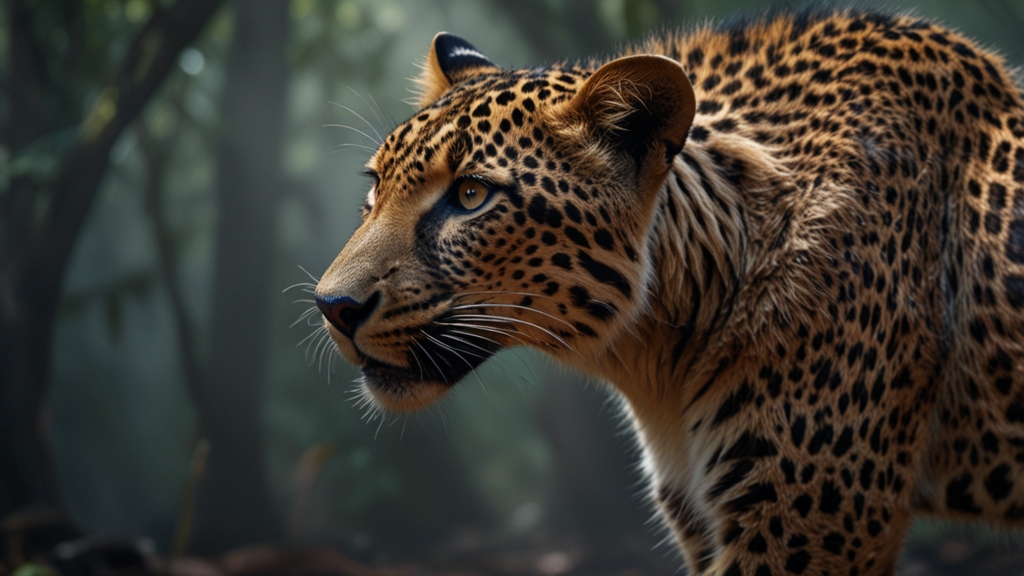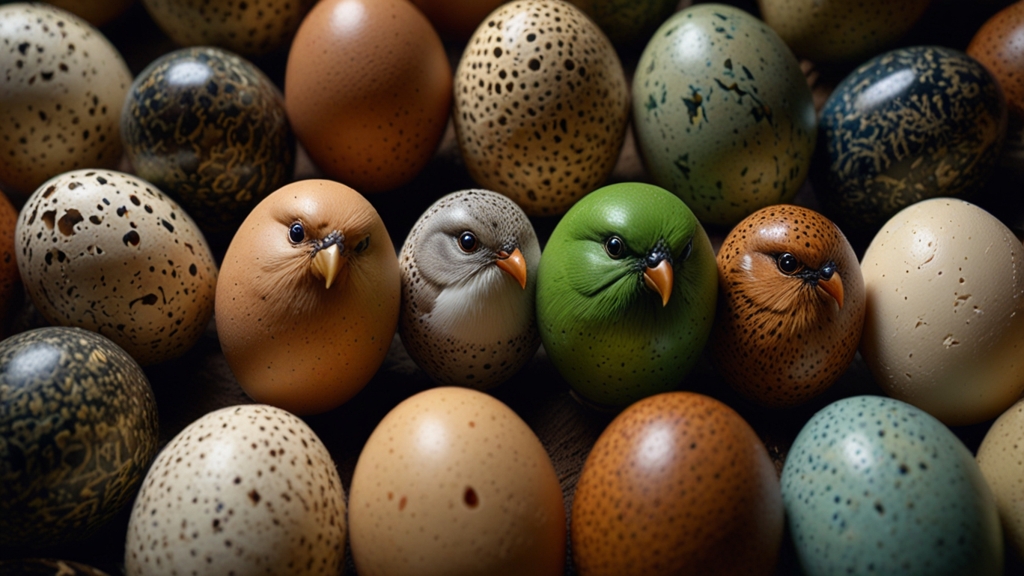Mind-Boggling Fun Facts That Will Change Your Perspective
Our world is full of extraordinary phenomena, both natural and human-made, that can shift the way we perceive reality. Whether it's a quirk of nature, a marvel of science, or a historical oddity, these mind-boggling fun facts are sure to leave you thinking. Let's dive into some astounding facts that might just change your perspective.
The Ever-Expanding Universe
Did you know that the universe is constantly expanding? And not just at a steady pace—it's expanding at an accelerating rate. This was discovered by observing distant supernovae and has led to the theory of dark energy, a mysterious force that is driving this acceleration. Our galaxy, the Milky Way, is just one of countless galaxies moving away from each other, all participating in this cosmic expansion.
"The more the universe seems comprehensible, the more it also seems pointless." — Steven Weinberg
The Complex Intelligence of Crows
Often considered a nuisance, crows are actually incredibly intelligent creatures. They have been observed using tools, solving complex problems, and even recognizing human faces. Crows can remember individual human faces for years and can communicate this recognition within their community, alerting others to potential threats or friendly humans.
"Crows are smarter than you think. Next time you see one, just remember—they might remember you too." — Anonymous
The Wonders of Photosynthesis
Photosynthesis is a process that plants use to convert sunlight, water, and carbon dioxide into oxygen and glucose. This seemingly simple process is the cornerstone of life on Earth. Without it, the oxygen we breathe wouldn’t exist. Additionally, photosynthesis is not exclusive to plants; certain bacteria and algae also perform this life-sustaining process.
More astonishingly, scientists have been able to harness this natural process to create artificial leaves, which can capture carbon dioxide and release oxygen, potentially offering innovative solutions to combat climate change.
Time Perception and Aging
Ever feel like time speeds up as you grow older? This isn't just in your head. Psychological studies suggest that our perception of time changes with age. When we are young, each year represents a much larger fraction of our entire life, making it seem longer. As we age, each year becomes a smaller percentage of our lived experience, making it seem to fly by.
Furthermore, our brain's processing speed slows down with age, making new experiences seem shorter compared to the longer perceived duration of familiar events. Understanding this can encourage us to be more mindful and present in our daily lives.
The Interconnectedness of Ecosystems
Every organism is part of an intricate web of dependencies. For example, consider the relationship between bees and flowering plants. Bees pollinate flowers, enabling them to produce fruits and seeds. In turn, the plants provide nectar as food for the bees. This not only benefits the plants and the bees but also supports entire ecosystems, including humans who rely on these plants for food.
"In nature, nothing exists alone." — Rachel Carson
The Puzzling World of Quantum Mechanics
Quantum mechanics reveals a world that is profoundly different from our macroscopic experience. Particles can exist in multiple states at once, a phenomenon known as superposition. They can also become entangled, so that the state of one particle instantaneously affects the state of another, no matter how far apart they are. This challenges our classical understanding of the universe and continues to intrigue and baffle scientists and philosophers alike.
One of the most famous thought experiments illustrating quantum mechanics is Schrödinger's cat, a paradox that questions when exactly quantum superposition ends and reality collapses into one possibility or another.
Conclusion
These fun facts are just the tip of the iceberg when it comes to the wonders of our universe. Each fact, in its own way, challenges our understanding and perceptions, inviting us to look at the world through a new lens. Whether it's the secrets of the cosmos, the intelligence of animals, or the peculiarities of human perception, there’s always something new and fascinating to learn about our world.










